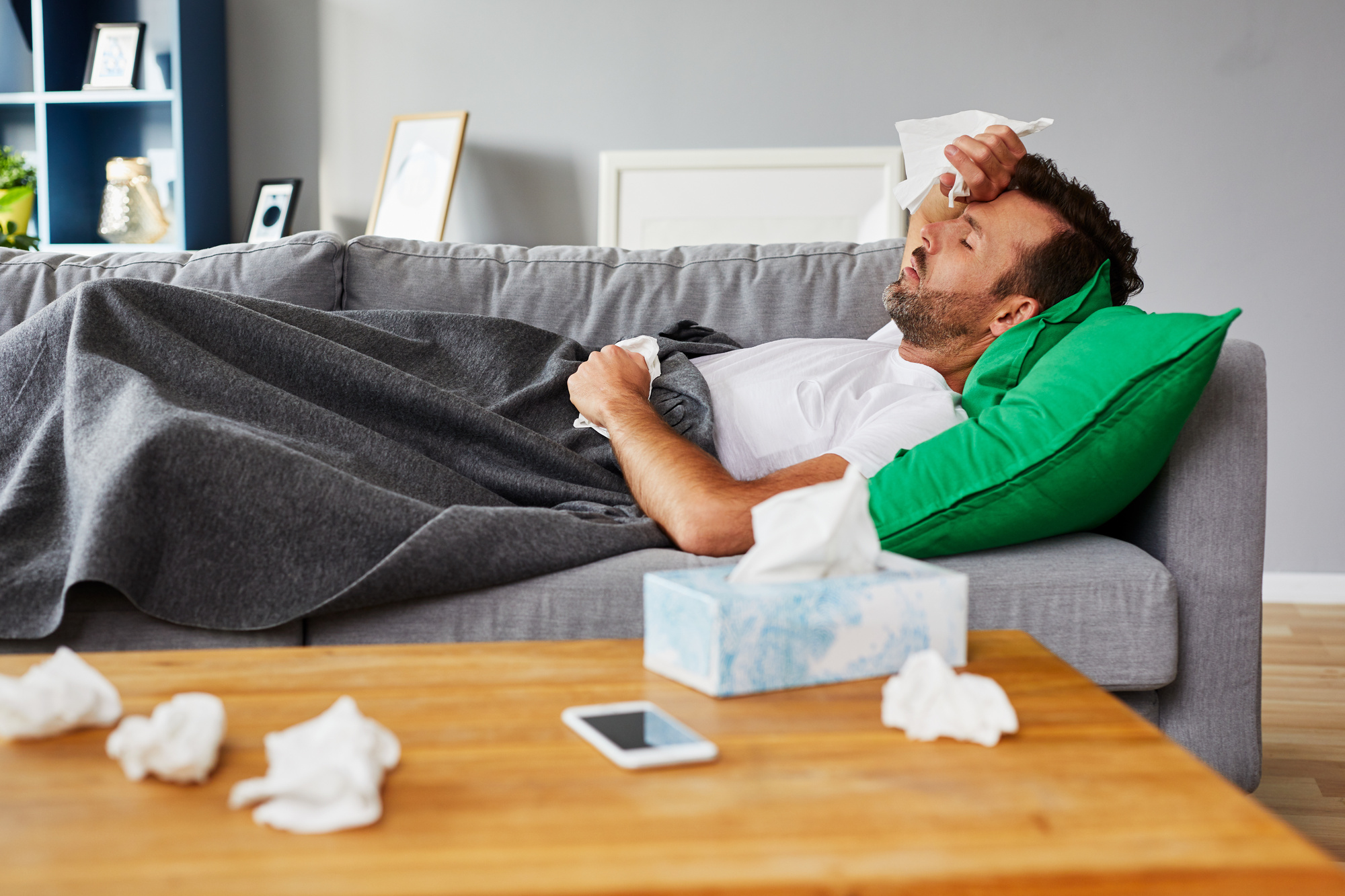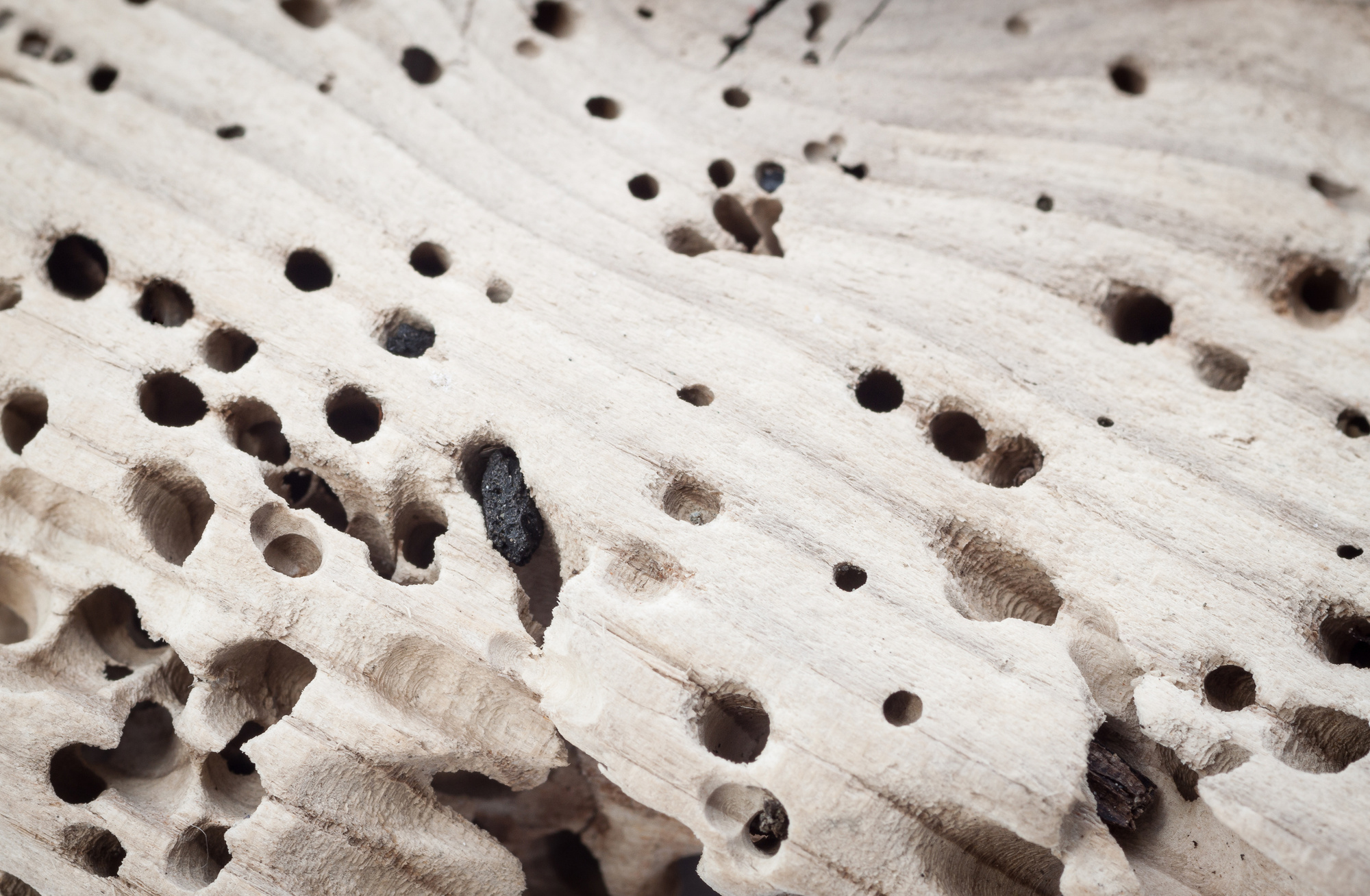Can Your House Make You Sick? What You Need to Know

Did you know that household air pollution attributes to 3.8 million deaths per year?
The quality of the air in your home is often tied to the quality of the air outside of it. But this is not always the case. Even in areas with great air quality, mold, dust, and carbon monoxide can cause health problems.
Can your house make you sick? It is possible. But by educating yourself on the risks, you can protect you and your family.
In this article, we’ll explore the different health risks your home can pose. We’ll also discuss how to make your home a healthier environment overall.
Let’s begin!
Mold Is Your Home’s Biggest Enemy
Mold is one of the most common causes of home-borne illnesses. And it’s not something homeowners should take likely. It can grow anywhere that’s moist and it can accumulate over the course of weeks – even days.
Exposure to mold can cause a runny nose, throat and lung irritation, as well as sneezing and coughing. In severe cases, toxic mold can cause asthma, sinus infections, nausea, and even cancer.
Any of these symptoms, no matter how mild or severe, can indicate possible exposure to toxic mold.
How to Control Mold Growth
Controlling your home’s humidity is the first place to start when it comes to mold control.
Humidity levels can fluctuate throughout the day. Of course, you don’t want your home to feel muggy – but you don’t want it to feel dry, either.
An air conditioner or a dehumidifier can control your home’s humidity levels. But if you use an air conditioner, make sure to check for leaks in the air ducts from time to time.
Mold can appear as black spots or carry a musty odor. Condensation on your glassware or windows can signal that there’s mold growth somewhere.
If you discover any mold, be sure to clean it with bleach solutions or soap and water.
When to Call for Professional Help
Are you exhibiting signs of toxic mold exposure? Not sure when your home was last tested for mold?
To test for toxic mold, you’ll need professional air quality testing. During the evaluation, the inspector will diagnose the source of the problem. They’ll also estimate how much the mold removal will cost.
It helps to keep a regular HVAC maintenance routine. You should routinely clean all areas of your unit and make any repairs when necessary. Every couple of years, have your HVAC system professionally cleaned, as well.
Improper Ventilation Can Cause Health Problems
Can your house make you sick even if your home shows no signs of mold growth? Are you wondering, “Is my dusty house making me sick?”
While an air-tight home helps reduce energy bills, it can still make you sick. If your home is not properly ventilated, airborne particles can accumulate, including:
- Pet dander
- Pollen
- Smoke
- Dust
- Plant matter
- Paints/glue/varnishes/cleaning supplies
That’s not all. Bacteria, mites, viruses, and fungi can also incubate.
How can you evaluate the quality of your home’s ventilation system? We’ll explore that next.
How to Check Your Home’s Ventilation System
It’s common for odors and moisture to accumulate in the kitchen and bathrooms. So, first, check these rooms for mildew and unpleasant, lingering odors. Peeling paint or wallpaper can also indicate that the air is not properly ventilated.
If the walls of your kitchen are sticky with grease, look into installing an exterior exhaust fan. You should clean your stove top and overhead fan blades at least twice a year.
Your attic, basement, and crawl spaces should also have adequate ventilation. Things like dead animals, residue, and wet insulation can block air ducts in these areas.
Does your attic feel like an oven in the summer? If so, you’ll want to look into having a professional install additional vents.
How Else Can Your House Make You Sick?
It’s easy to tell when your home has mold and airborne particle accumulation. But is your house making you sick and you can rule mold, dust, and other problems out of the equation?
Radon gas is another major health risk that your home can pose. It’s an odorless and colorless radioactive gas that can accumulate in tightly-sealed homes. When there’s not enough ventilation, the gas can seep in through cracks in a home’s foundation.
Radon poisoning doesn’t exhibit immediate symptoms, making it hard to identify. Over time, untreated radon poisoning can cause breathing problems, lung infections, and cancer.
The only way to know if your home is susceptible to radon infiltration is to have it inspected. You can also purchase kits to check the levels of radon in your home.
Pest Infestations
It’s not uncommon for a squirrel or a mouse to get into the house. But rodents carry a slew of diseases, including hantavirus, rat-bite fever, and leptospirosis.
Know how to safely clean up after rodent feces. Afterward, you’ll want to set up traps and seal off any cracks or holes to stop the infestation. Depending on the extent of the infestation, you may need to hire a pest control company.
Easy & Cheap Ways to Keep Your Home Healthy
There are the big – and pricey – fixes like mold removal and air quality tests. But then there are the small, everyday things you can do to make your home healthier.
Every vacuum cleaner will eventually need emptying. If it’s filled to the brim with crumbs and dust bunnies, it’s time to dump it out. You should also see about using a HEPA filter, which is one of the best filters on the market.
Does your refrigerator leave a lingering, funky smell every time you open and close it? Don’t just toss away expired food. You should clean the shelves, the bottom trays, as well as the coils at the bottom and in the back of your fridge.
That bathroom mat outside your shower or bathtub can also be a breeding ground for mold and bacteria. If it’s been a while since you washed it, throw it in the laundry or buy a new one if necessary.
The fumes and chemicals from most commercial cleaning products can cause problems, too. At times it may be necessary to disinfect with bleach solution. But for most household cleaning, try using mild soap and water. Make sure you deep clean with the right supplies, as well.
Create a Healthy Environment for Your Home & Family
Can your house make you sick?
In more ways than one, any home can make their occupants sick. But by understanding the risks, you can protect your family against house-borne illness.
Is your house making you sick? If you’re still not sure, follow this DIY home inspection list. You can cover your bases and check every inch of your home from your attic to your basement.



